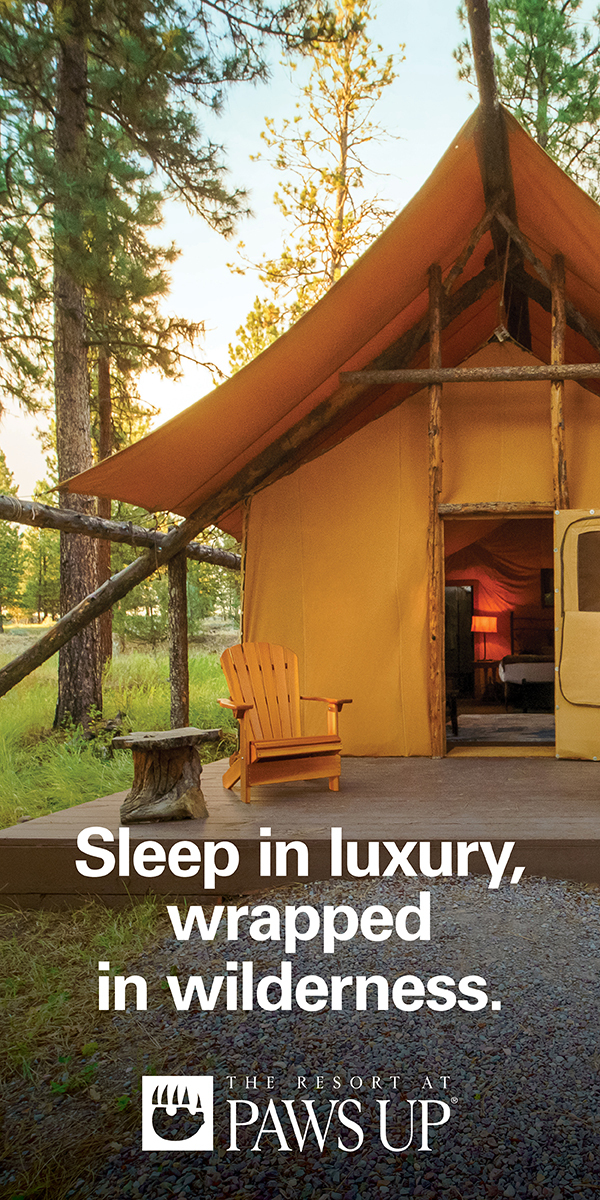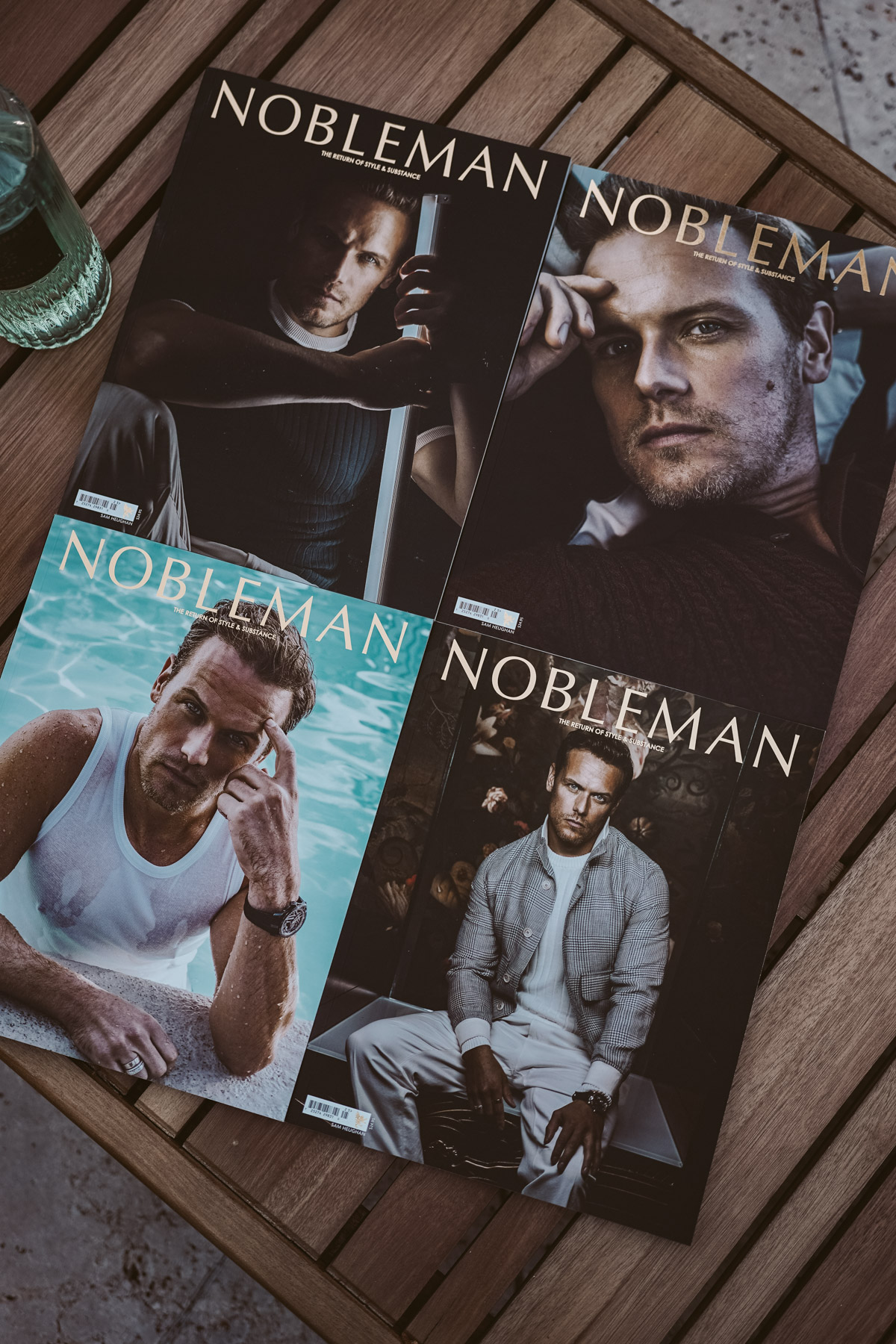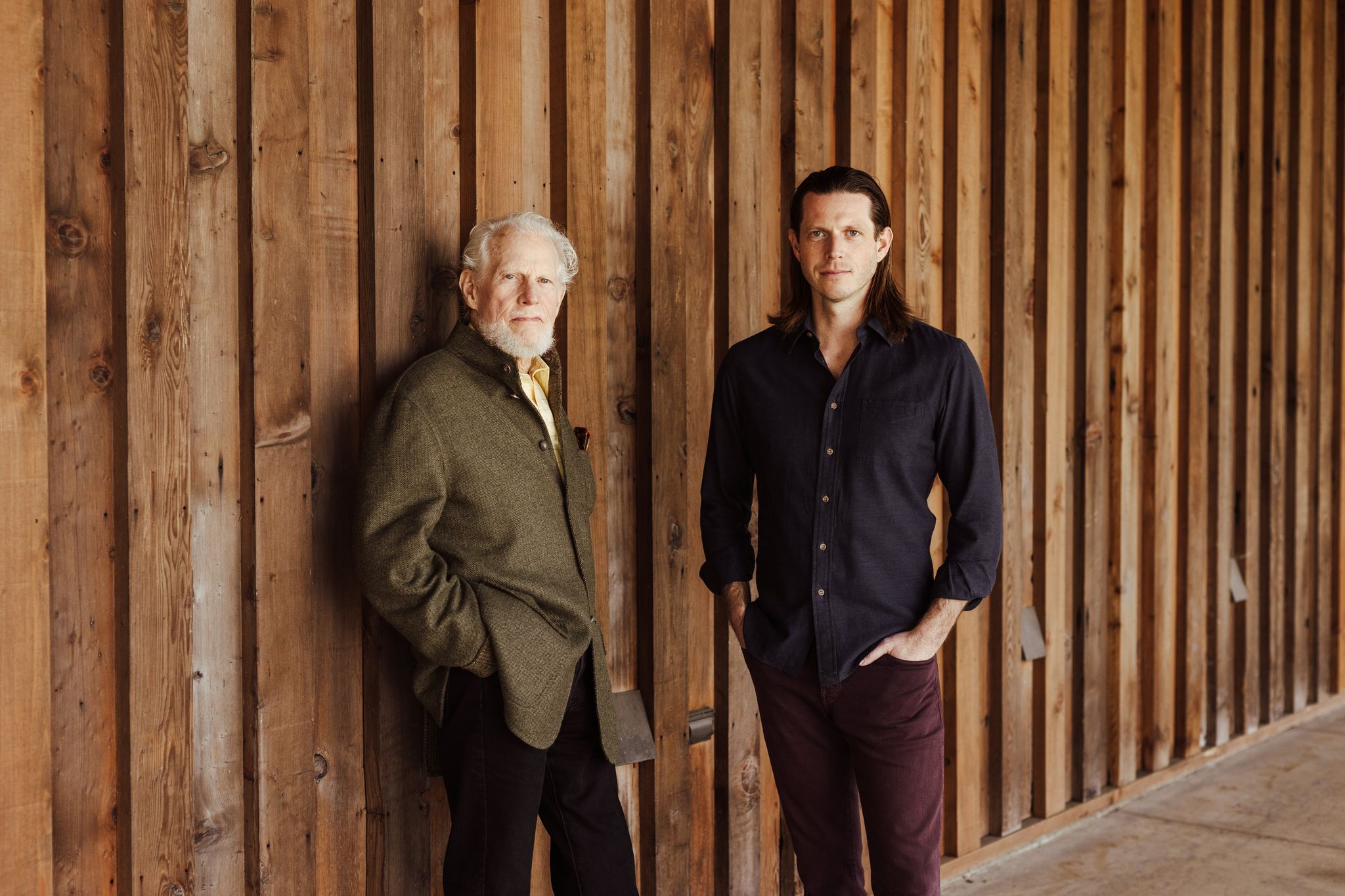
Generational winemakers, the Harlan family knows wine – in fact, it practically runs through their veins. Napa Valley icon Bill Harlan is one of the most influential wine country figures, and after four decades he is ready to pass the torch on to his son. Making his mark on the wine industry, Will Harlan is starting with Promontory, an utterly singular winegrowing venture independent from the Harlan’s other properties. A wild, untamed territory that took the Harlans almost 30 years to acquire, Promontory represents new beginnings and a fresh start for Will as he forges his own path in the industry his family is known for.
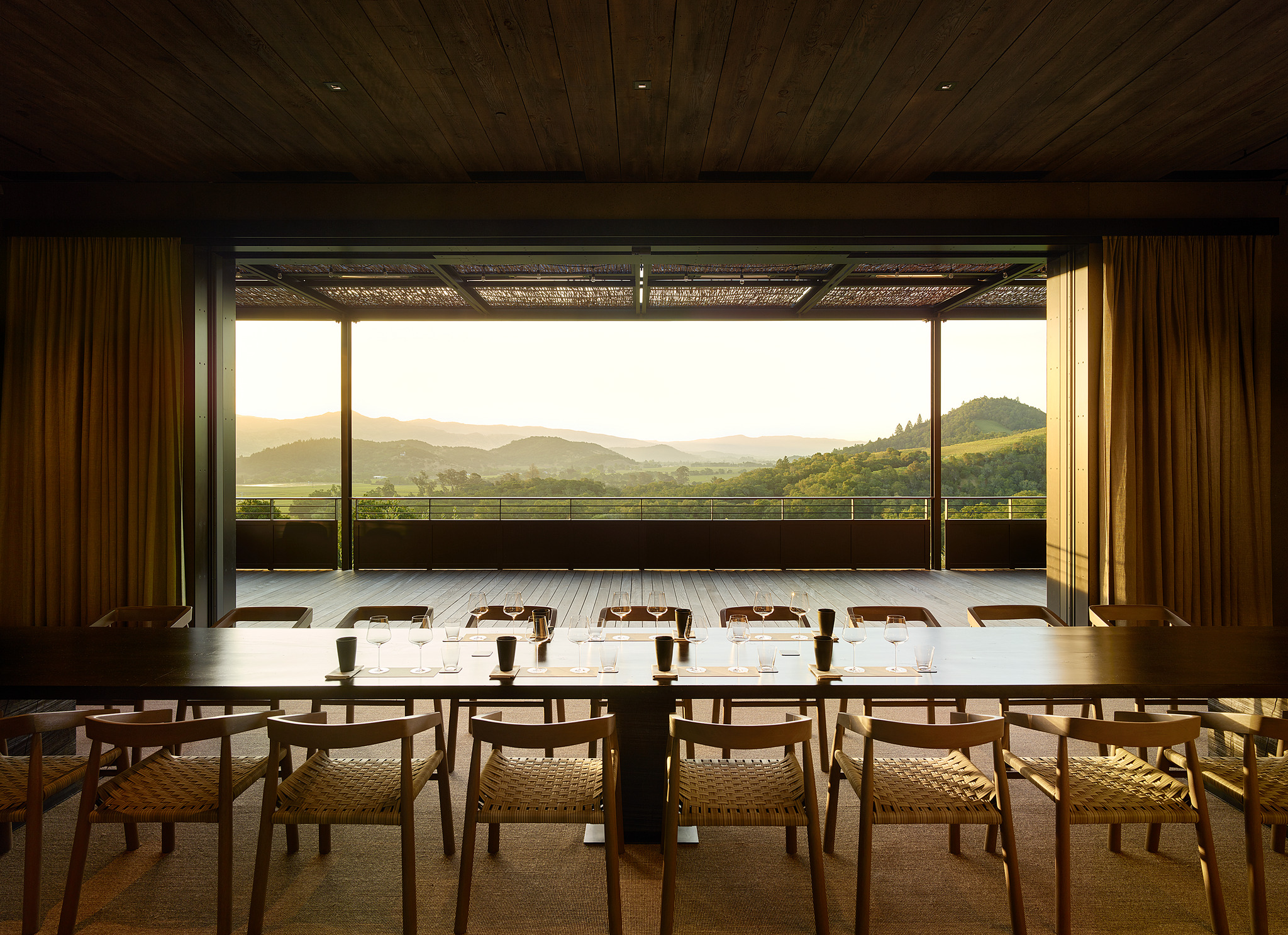
Q&A
How did Promontory start? Can you tell the story of its inception?
Will Harlan: Promontory is the most recent of our wine-growing endeavors, but its story traces back to the very beginning of my family’s role in the wine business. My father had discovered this property while hiking through the western hills of Oakville and Yountville in the early 1980s, while he was working to identify and piece together the initial parcels of what would become Harlan Estate.
Completely hidden from the rest of Napa Valley, he was quite surprised when he came across it. The landscape was dramatic, steep, rugged, and seemed overlooked by the 20th century. It had almost no signs of human presence. There were no vineyards, just a narrow dirt road. We actually tried to purchase the property back then, thinking that it could be a part of Harlan Estate, but the land wasn’t for sale. The family that owned it was using it as a hunting preserve, so we had to be patient. It wasn’t until almost 30 years later, in 2008, that we finally had the opportunity to acquire the land.
In the beginning, we weren’t sure exactly what this property was going to become. It was only a few hundred yards from Harlan Estate, with thick forest separating the two. The majority of the property is wild: less than ten percent is under vine. There was an intuition that this land had great potential, but at the same time, it looked and felt very different from anything else around it. When we started making wine, we made some significant discoveries about the land itself, and of course, the character of the resulting wine. Soon it became clear that this was a very different place.
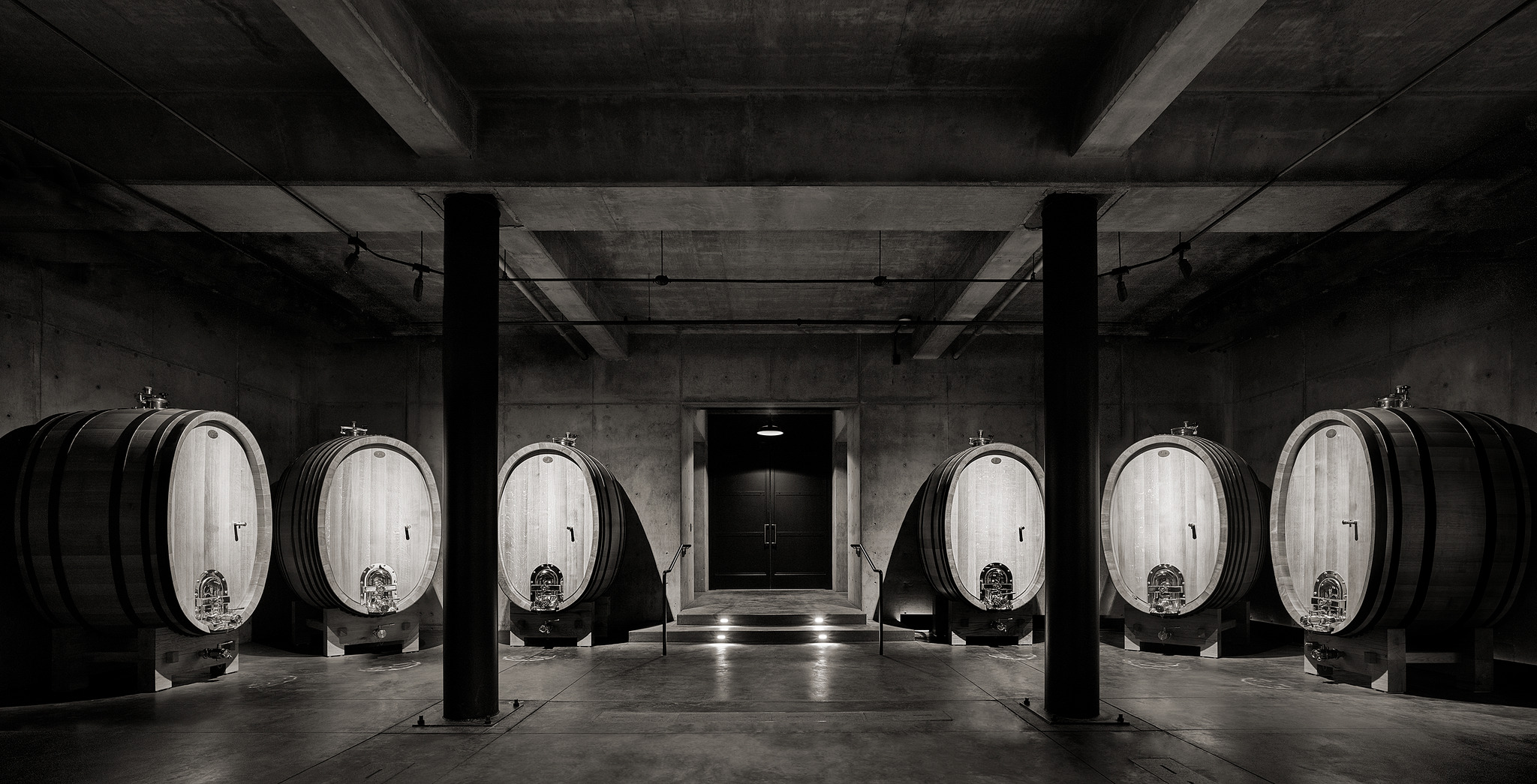
What separates Promontory from Harlan Estate or any of the BOND vineyards? What makes it so special?
Once we started making these discoveries, particularly around the geology of the land, we began to understand why the wine was so singular. With the only island of metamorphic rock under vine in our area, we felt strongly that this place deserved to have its own identity. That’s when we established an entirely new winegrowing endeavor, with its own winery, winegrowing team, vision, philosophy, strategy for distribution, and its own spirit.
It’s important to understand that each one of our properties—Harlan Estate, BOND, and Promontory—are all independent of each other. Even though they share ownership by the Harlan family, we feel that each must be built on its own foundation to enable it to reach its greatest potential.
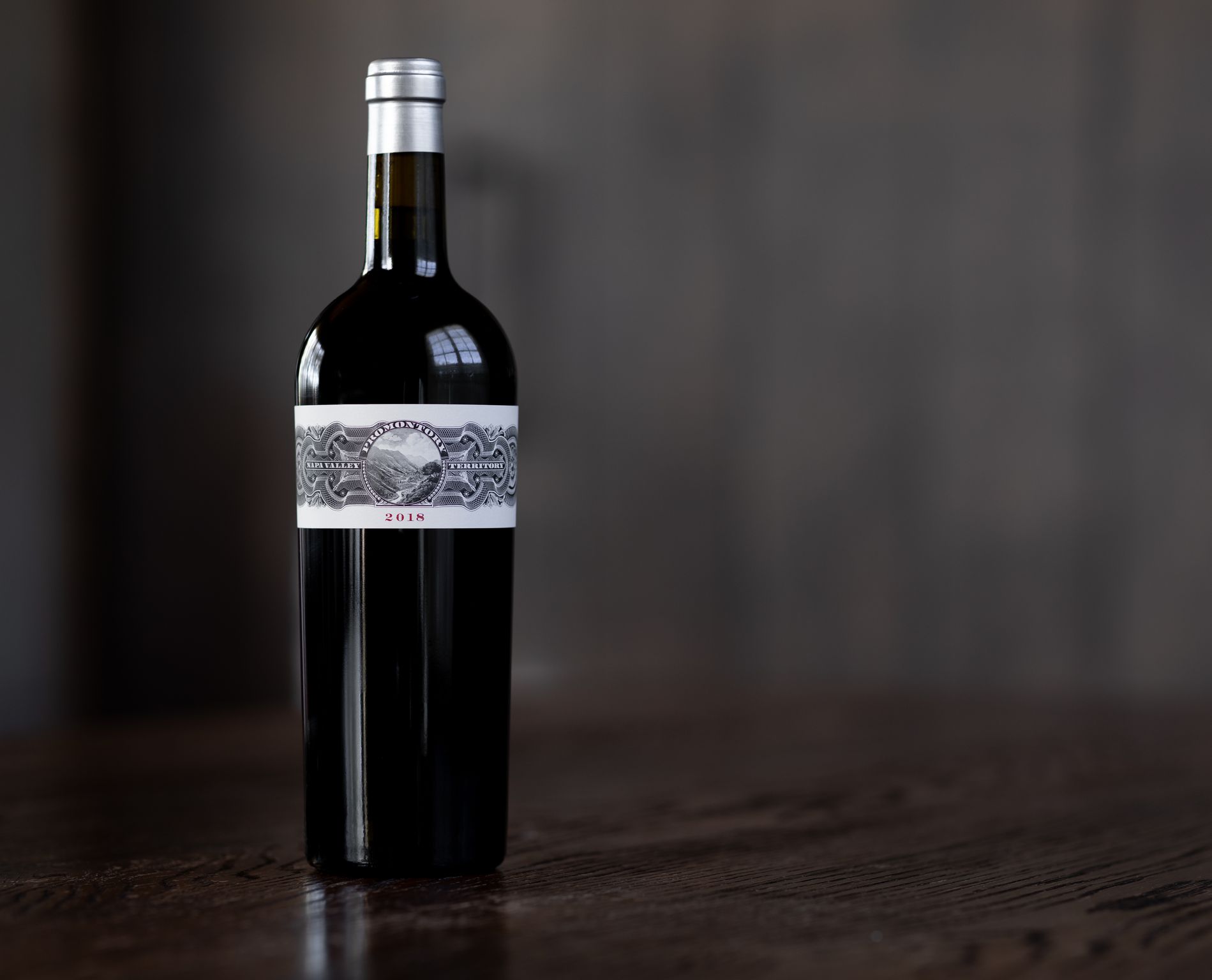
What are your goals for Promontory? Where do you see it going in the future?
We feel that there is no limit to the potential of Promontory. It’s up to us to put in the effort to deepen our understanding of this place, as well as refine our ability to translate the character and essence of the land into the wine. We believe that this land is not just capable of producing wine of the finest quality, but more importantly that it has a very distinctive character and story to tell. We hope that someday it will deserve a place among the fine wines of the world, but we also recognize that truly understanding a piece of land takes generations, and we know that we are at the very beginning of that journey.
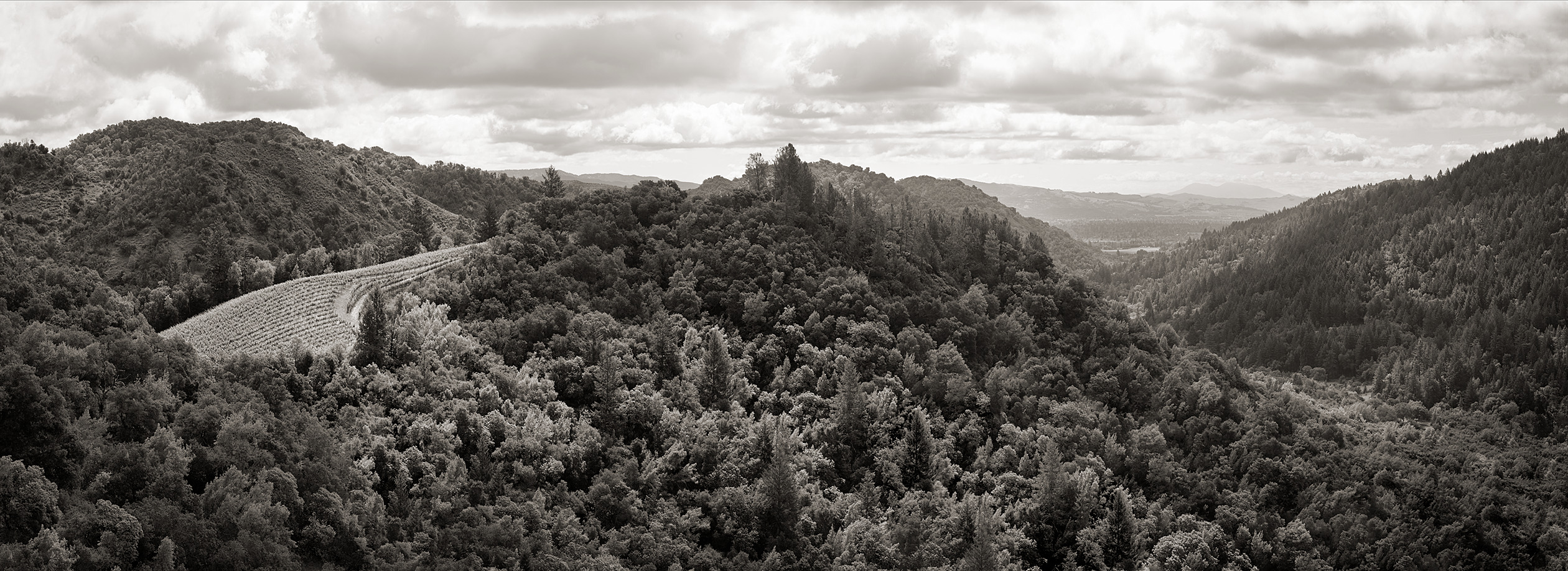
What inspired you to follow family tradition in the winemaking industry, how is your perspective unique?
Will Harlan: Although I grew up in Napa Valley, I didn’t think that I was going to join the family business; the inspiration came a little bit later in life. I always wanted to start something of my own, and since that’s where a lot of my interests were and what brought me back to the Bay Area after college, I thought the tech world was going to allow me this freedom. However, a small side project in wine that I established initially brought me into the family business. Coincidentally, it was right around the time that we had the opportunity to acquire what would become the Promontory land. In many ways, Promontory was the reason that I ultimately joined the family business. As of 18 months ago, I’ve stepped into a leadership role for the rest of the family domain as well, but Promontory will always have that very special place in my heart and my life.
Heading into the next generation, we have gained new perspectives while remaining committed to the culture of the founding generation. The unknown, untamed Promontory and its rather unique metamorphic winegrowing environment was exciting; but most importantly, it showed us that we needed to be willing to unlearn many closely held practices and come to the table with open minds to new approaches to farming and winemaking.
When venturing out to Promontory—what we call the ‘territory’—you can see it has a very rugged, raw, and dramatic landscape, almost like what California might have looked like a few hundred years ago. It evokes this pioneering spirit, and for my generation it’s about breaking away from established and old-world models. If Harlan Estate was founded with the vision of creating a “first growth of California”, and BOND “as a portfolio of grand crus”, then Promontory, I feel, is forging a path of its own going forward.
The land is hidden within the heart of the valley, yet separated from it at the same time. To me, Promontory doesn’t fall within the spectrum of Napa Valley wines; it’s almost in its own world.
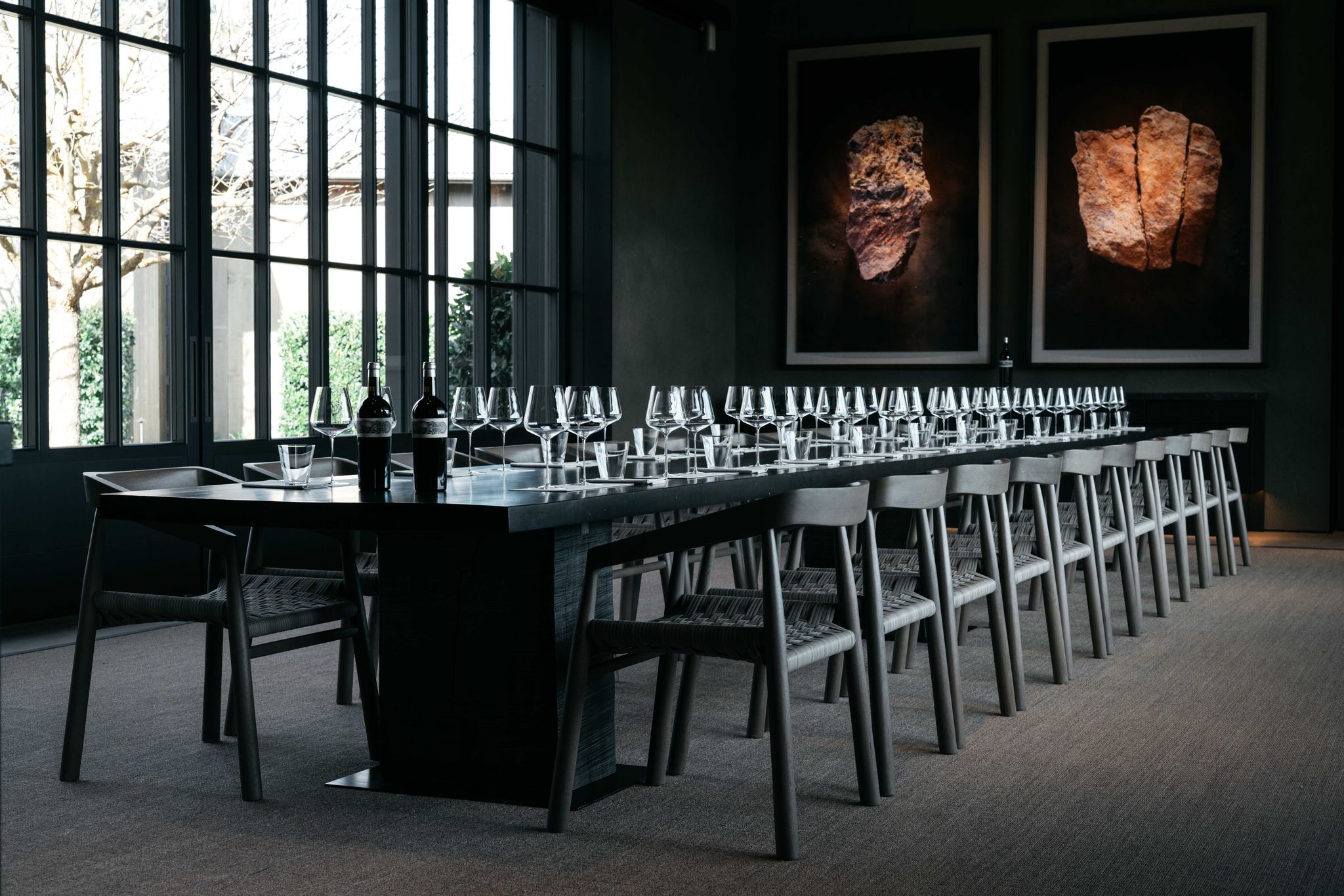
How would you describe Promontory wines to our readers? Why do they stand out?
Will Harlan: Early on, the wines were very challenging to understand, and it was difficult to wrap our heads around them. We learned that time moves differently with this wine, and that we needed to have patience in allowing it to unfold naturally, and more slowly. This led us to establish a longer aging and release cycle. We’re now about four years between production and release.
When we talk about Promontory, we are often reminded of the environment in which its vines are immersed. We have a constant movement of air and fog throughout the year, even in the summer months, among the trees that cover more than 90 percent of the property. This feeling of moving through the cool forest canopy is how we think about its essence.
The wine itself has incredibly fine tannin that is impenetrably wrapped when the wine is young; however, the nature of the structure, once it does start to resolve, is maybe its single greatest point of differentiation. Almost like a cathedral, the structure of Promontory is profound but gives at the same time a feeling of weightlessness as it strives to connect us to the ethereal realm. This levity is ultimately driven by a more mineral-driven expression of Cabernet, with a more linear shape, focus, and detail.
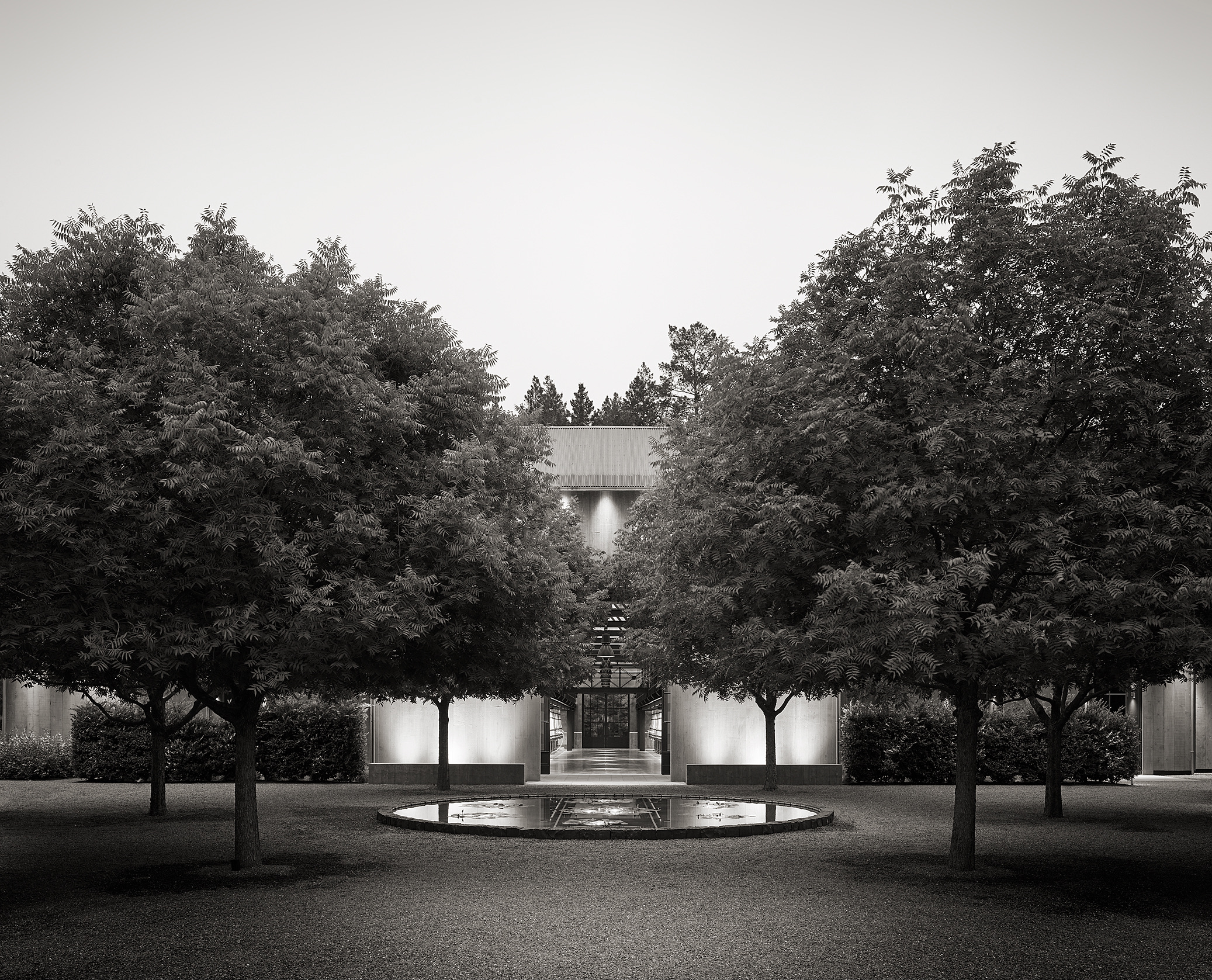
Words by Emma Ungaro
